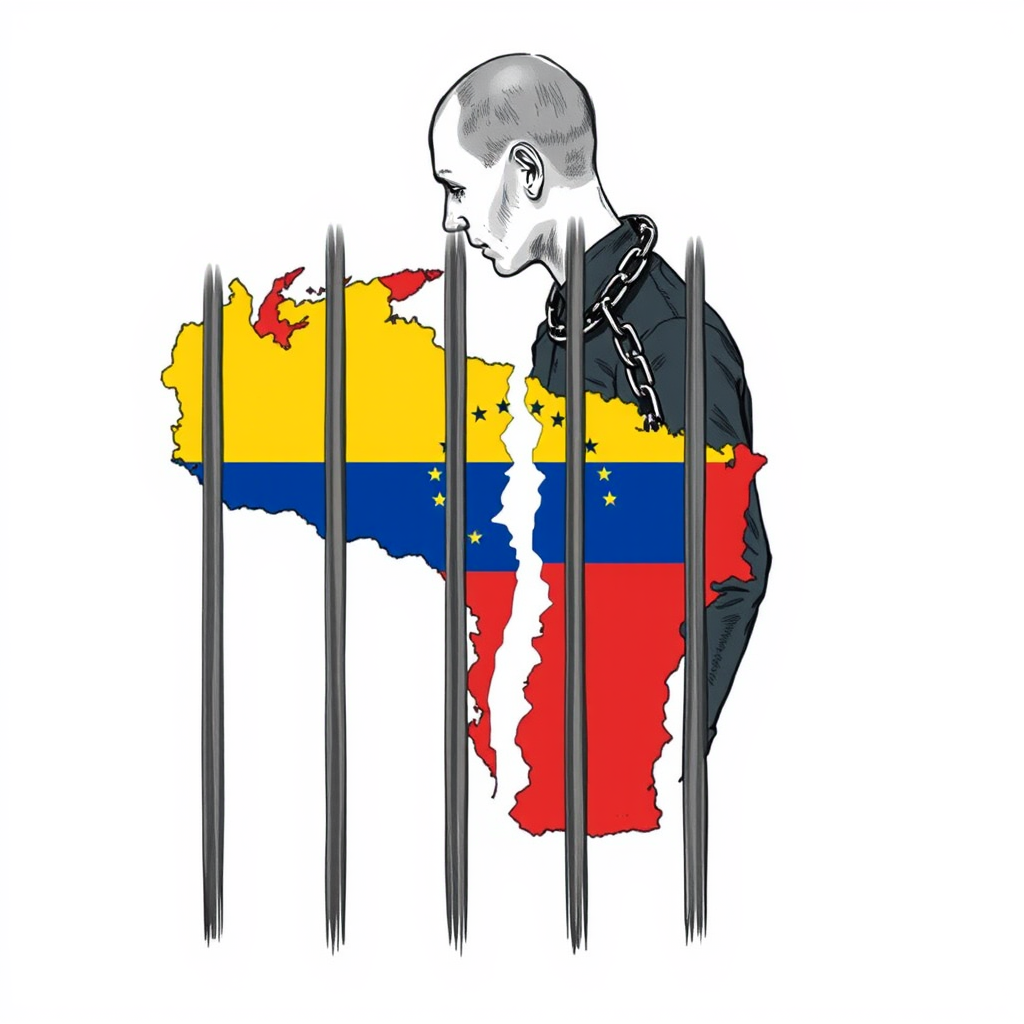Bukele Accused of Human Trafficking by Venezuela

Venezuela has formally accused El Salvador’s President Nayib Bukele of human trafficking, escalating a diplomatic conflict stemming from the deportation of over 230 Venezuelan migrants to El Salvador in March. The deportations, carried out under a $6 million agreement negotiated by the previous US administration, have ignited legal challenges in the United States and sparked outrage in Venezuela.
Attorney General Tarek William Saab, in an interview, directly accused Bukele of engaging in human trafficking, framing the acceptance of funds to detain and transfer the migrants as a criminal act akin to people smuggling. He asserted that international legal action will be pursued against the Salvadoran leader. This accusation comes amidst longstanding US sanctions against both Saab and Venezuelan President Nicolas Maduro, related to allegations of suppressing democratic opposition within Venezuela.
The deported individuals were sent to CECOT, El Salvador’s massive and controversial prison, notorious for its harsh conditions. While the Trump administration characterized the men as dangerous gang members, evidence supporting these claims remains limited. Some face charges for violent crimes in the US, but many do not, and families vehemently deny any gang affiliation, suggesting the men were targeted simply for being Venezuelan migrants with tattoos.
Footage released by both the Salvadoran and US governments depicted the migrants arriving at CECOT, showing them chained, having their heads shaved, and being escorted by masked guards – imagery critics say was designed to reinforce a narrative of criminalization. US courts have already ruled that at least one Salvadoran and one Venezuelan were wrongly deported and should be returned, rulings that have been ignored by both the Trump and Bukele administrations.
Saab emphasized that the deported Venezuelans had not committed any crimes in the United States prior to their deportation, let alone in El Salvador. The White House maintains that their illegal presence in the US constitutes a criminal offense.
The situation highlights the increasingly complex geopolitical dynamics at play. Bukele, who self-describes as the “world’s coolest dictator,” has gained domestic popularity through his aggressive stance against gangs, but has also faced accusations of widespread human rights abuses. His close relationship with Donald Trump, evidenced by a recent Oval Office meeting where Trump praised Bukele for “helping us out,” has further fueled controversy.
Bukele has offered to exchange the detained Venezuelans for political prisoners held in Venezuela, a proposal dismissed by Saab as “cynical.” Venezuela is demanding a comprehensive list of all detained migrants.
This case raises serious questions about due process, the rights of migrants, and the potential for political motivations to influence deportation practices. The willingness of both the US and El Salvador to disregard legal rulings and prioritize a perceived crackdown on gangs over individual liberties is deeply concerning. The situation demands greater transparency and accountability to ensure the protection of fundamental human rights.